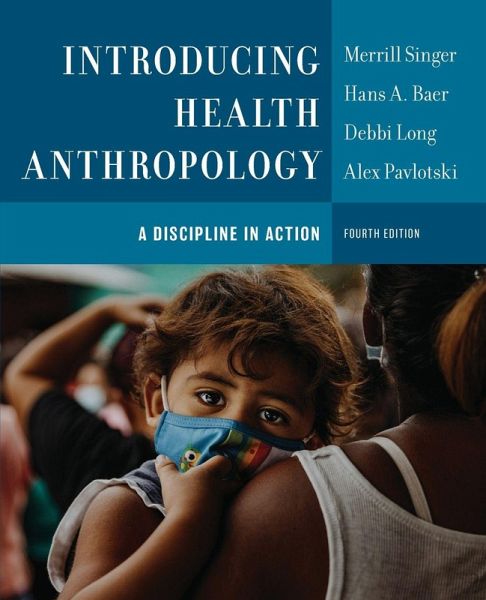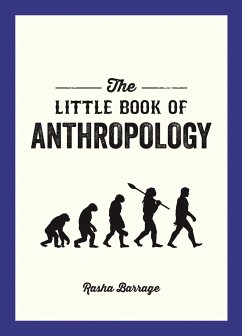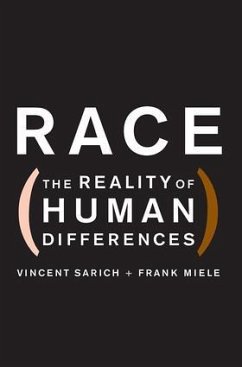
Introducing Health Anthropology
A Discipline in Action
Versandkostenfrei!
Versandfertig in 1-2 Wochen
54,99 €
inkl. MwSt.
Weitere Ausgaben:

PAYBACK Punkte
27 °P sammeln!
With a new title that reflects the broad scope and primary concerns of the field, Introducing Health Anthropology: A Discipline in Action, Fourth Edition, provides students with a first look at the dynamic discipline of medical and health anthropology. The narrative is guided by four unifying themes. First, health anthropologists are heavily involved in the process of helping to better understand and change the world through their work in applied projects, policy initiatives, and advocacy. Second, the book presents the fundamental importance of culture and social relationships in health and si...
With a new title that reflects the broad scope and primary concerns of the field, Introducing Health Anthropology: A Discipline in Action, Fourth Edition, provides students with a first look at the dynamic discipline of medical and health anthropology. The narrative is guided by four unifying themes. First, health anthropologists are heavily involved in the process of helping to better understand and change the world through their work in applied projects, policy initiatives, and advocacy. Second, the book presents the fundamental importance of culture and social relationships in health and sickness by demonstrating that experienced illness and diagnosed disease involve complex biosocial processes and that resolving them requires attention to a range of factors beyond biology. Third, through an examination of health inequality, the book highlights the need for research and analyses that move beyond cultural or even ecological models of health toward comprehensive and holistic biosocial frameworks. Finally, the authors emphasize that physical and mental health are intimately related to the health of the environment on which humans depend for air, food, and the other resources that make life possible. Introducing Health Anthropology gives students the tools to rethink how to achieve healthier populations, effective and fully accessible healthcare systems, and a sustainable world. New to this Edition: · New Chapter 4, "Human Evolution and Health," examines the respective roles of genetics and sociocultural factors in health to navigate the welter of public misinformation on genetic determinism, race, and sex and gender minorities · Significantly expanded discussion of reproductive health, sex and gender, and gender equity throughout the book reflects current and controversial issues in the U.S. · Up-to-date examination of the relationship of climate change to health and social wellbeing offers students insights on how our physical world is changing and the causes of those changes · Discussion of the global impact of COVID-19 throughout the text explores the enduring changes wrought by the pandemic on human societies






![Mystery Fossil: A Physical Anthropology Laboratory Exercise, Version 3.0 [With CDROM] Cover Mystery Fossil: A Physical Anthropology Laboratory Exercise, Version 3.0 [With CDROM]](https://bilder.buecher.de/produkte/21/21640/21640730n.jpg)







